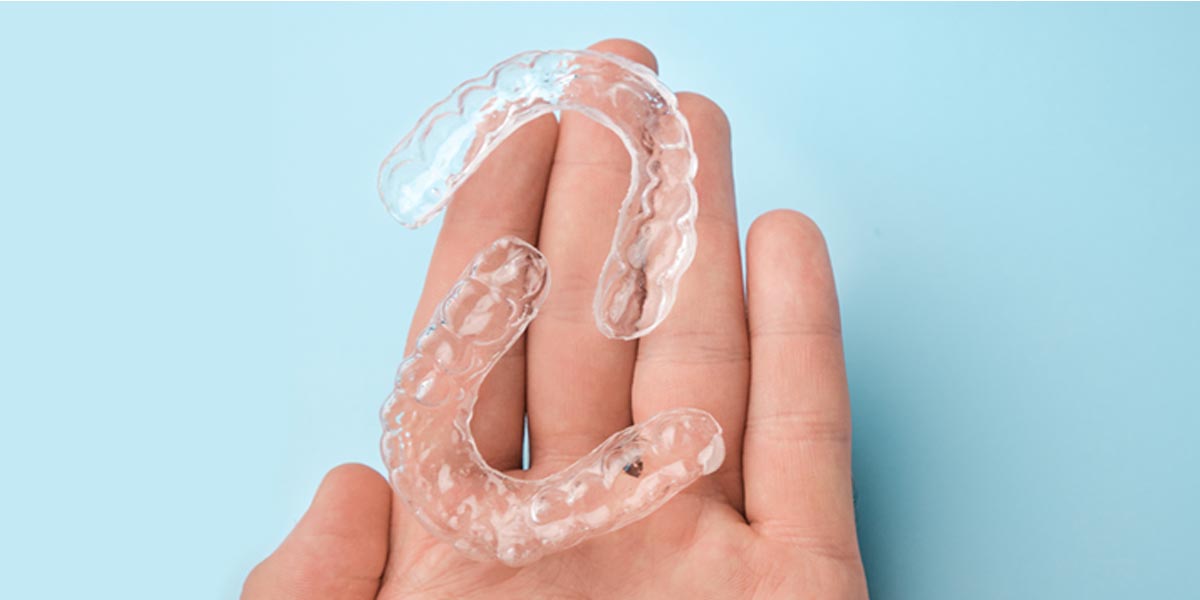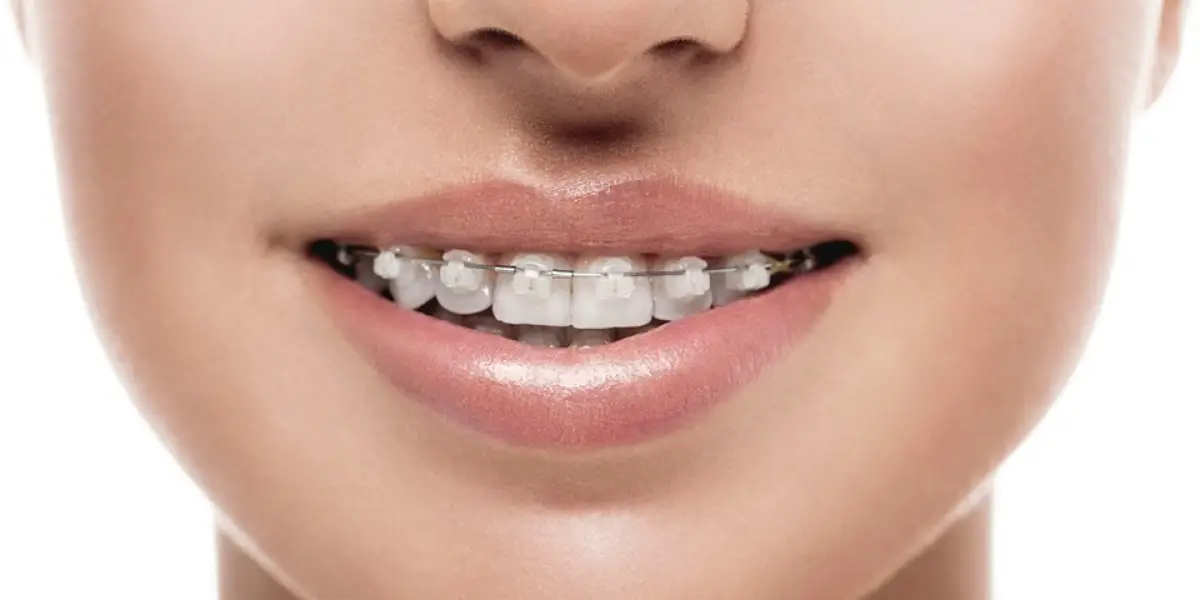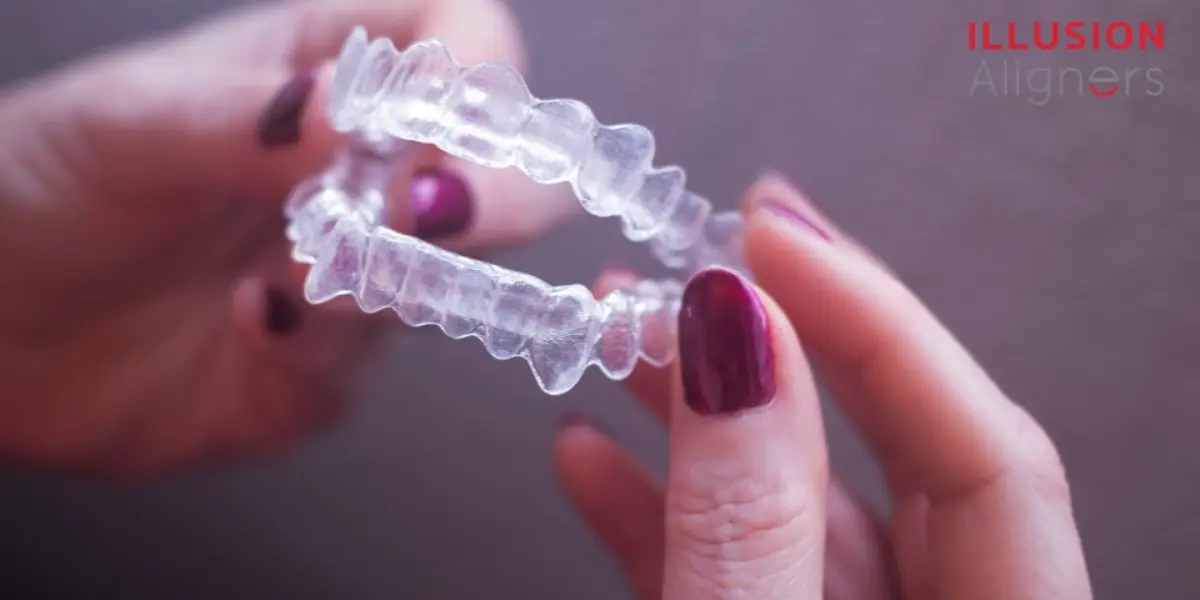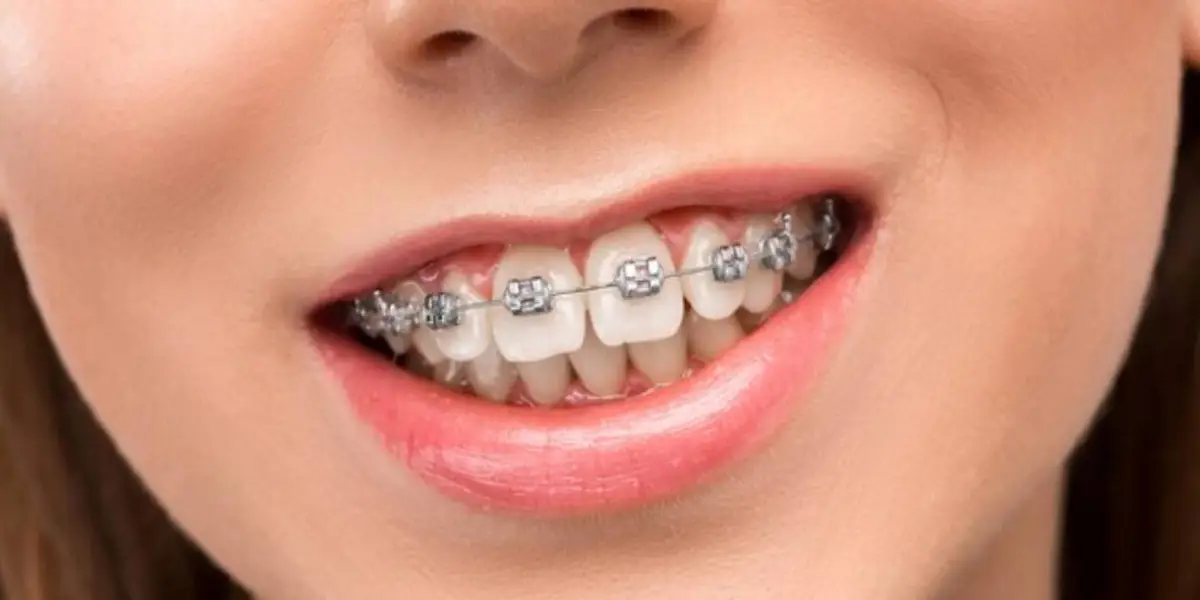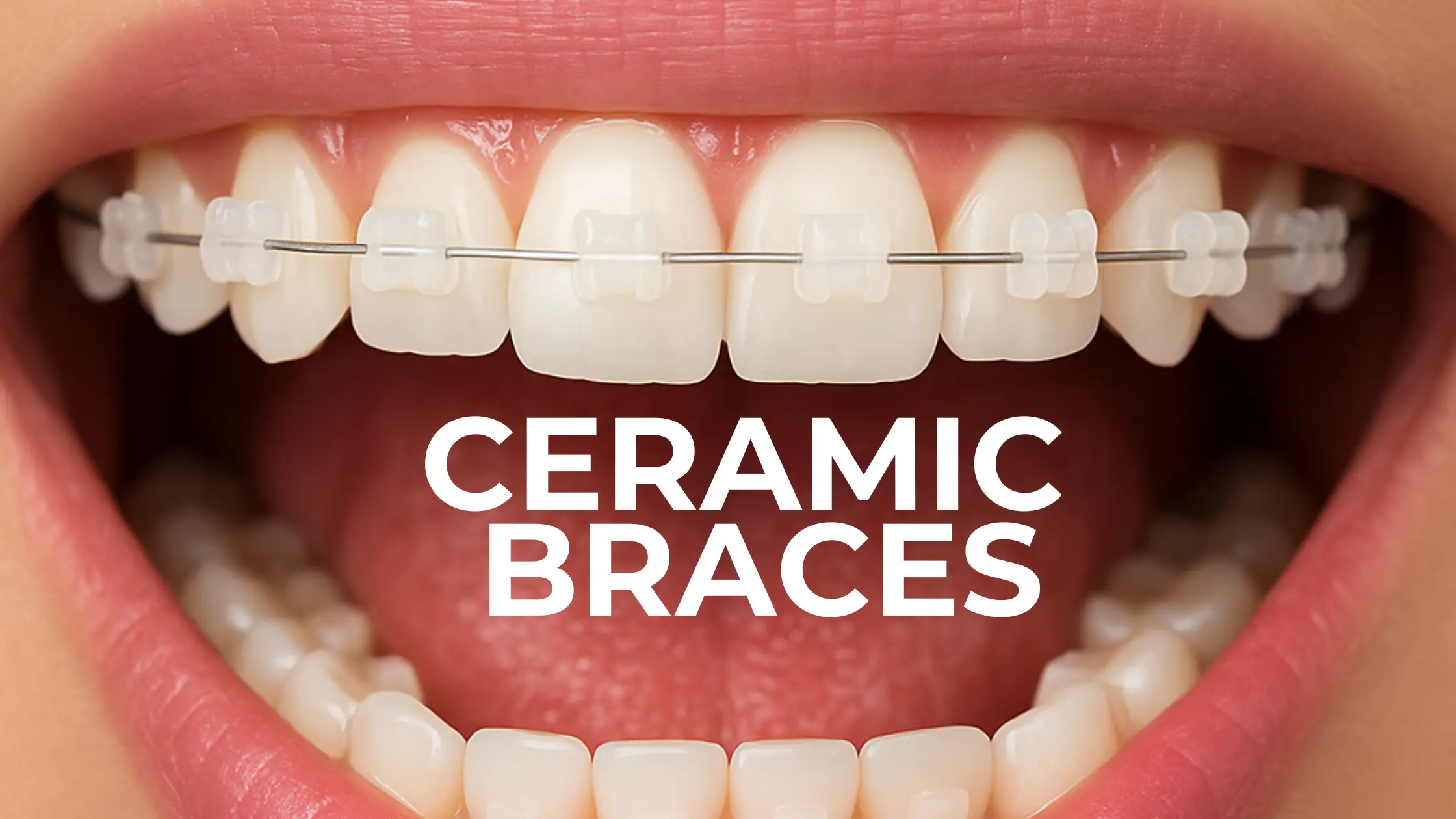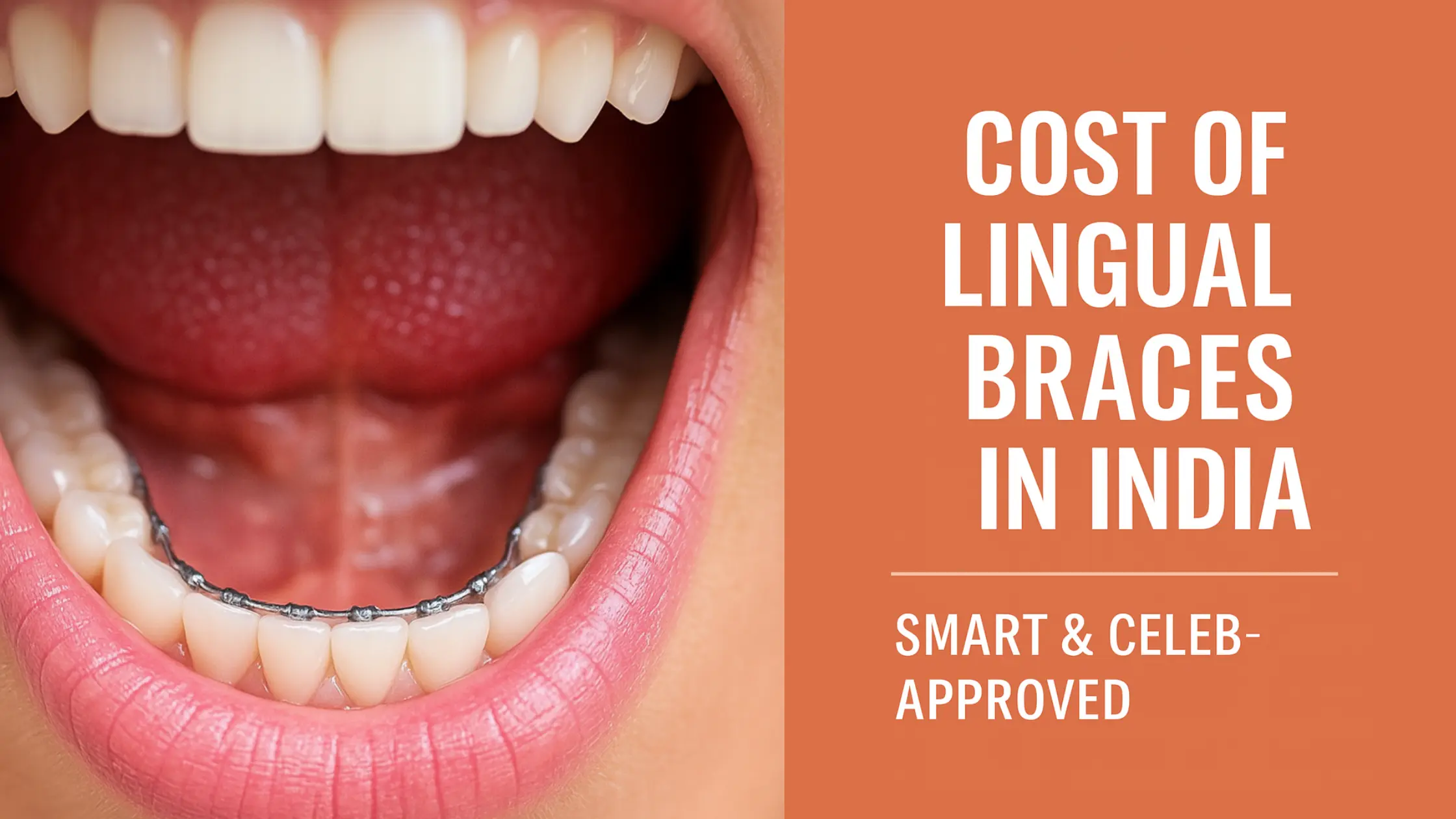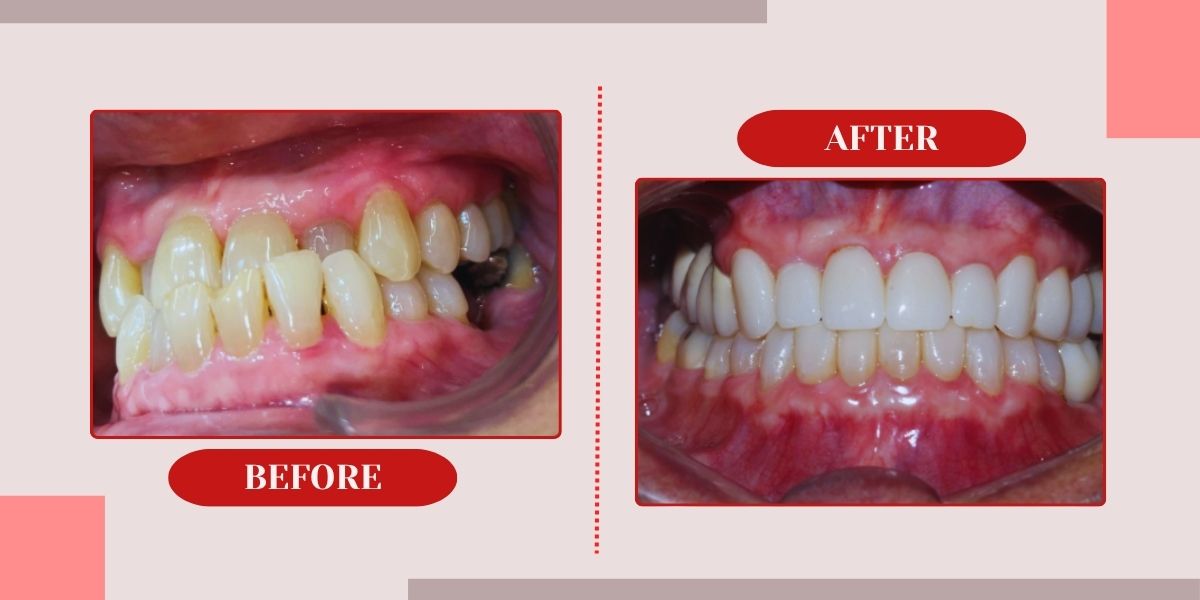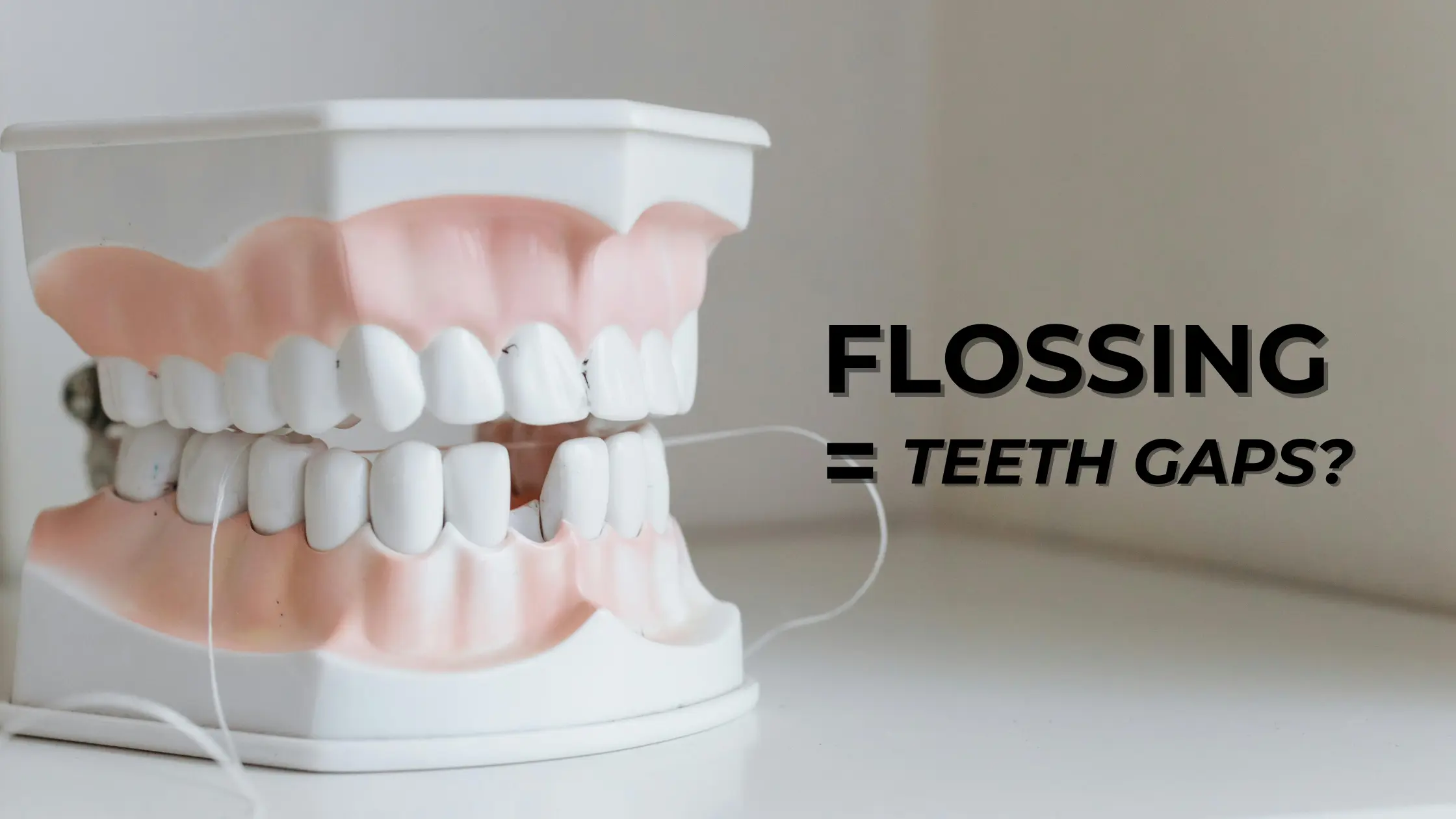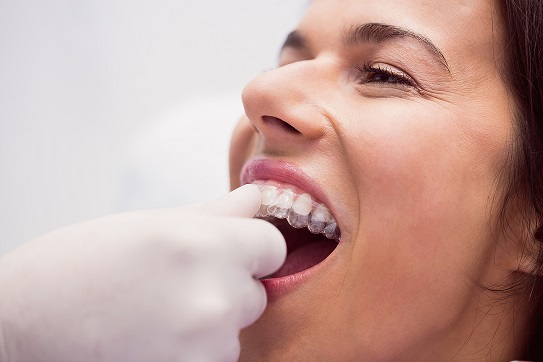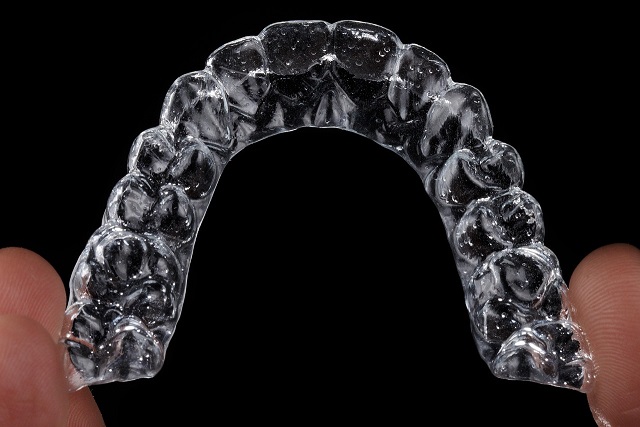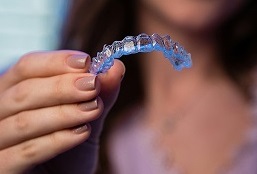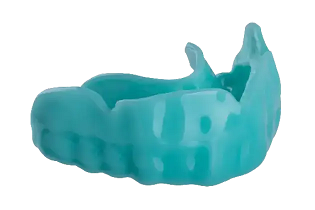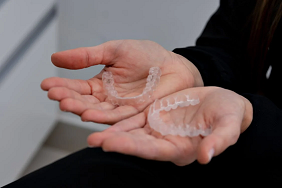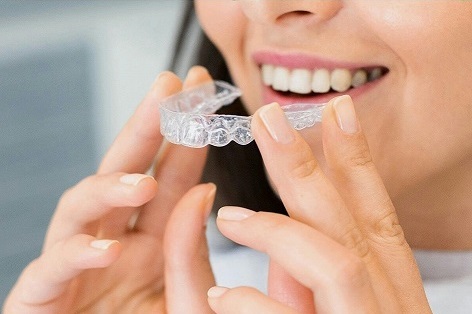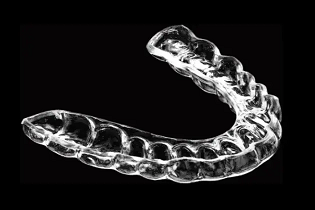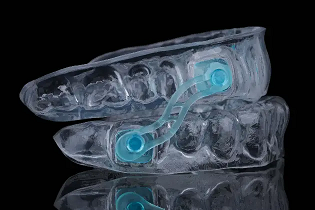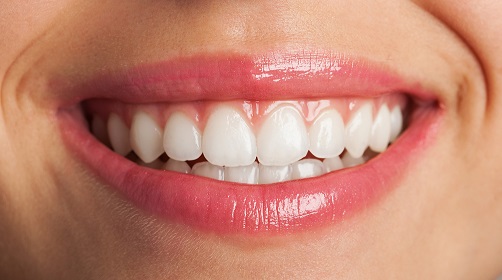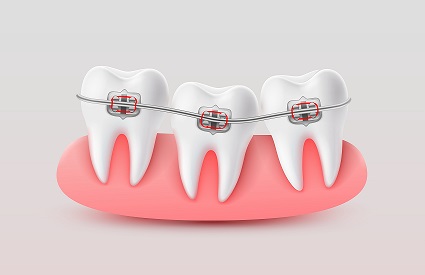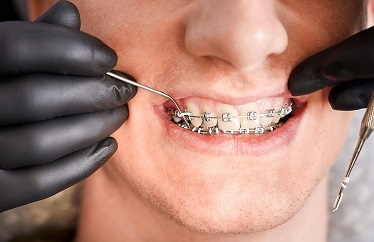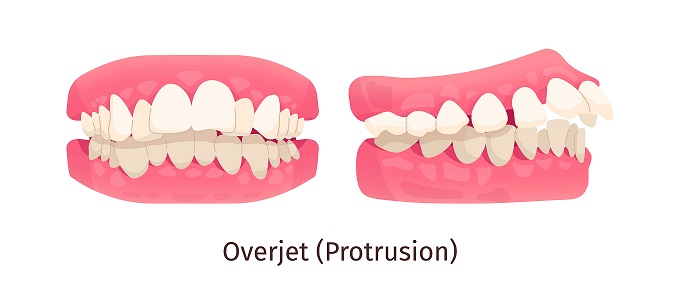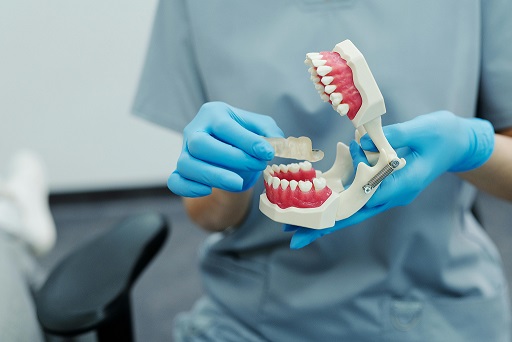
Publish on May 26, 2025
Types of Mouth Guard: Which One Do You Need?
Do you wake up with jaw pain? Or play rough sports like boxing or rugby? If yes, then you might need a mouth guard. But here’s the thing: not all teeth guard are the same. There are different types made for different problems.
In this blog, we will explain what a mouth guard is and why people wear it, and additionally, how to choose the right dental guard as per your needs.
What is a Mouth Guard and what makes it different?
A mouth guard is a small device made out of plastic or rubber material. You wear it over your teeth. Its job is to protect your teeth and jaw.
Think of it like a helmet, but for your teeth.
- Some people wear a teeth guard for sleeping to stop teeth grinding.
- Some wear a sports guard during games to protect their mouth.
Dentists also call it a dental guard or night guard, depending on how it's used.
Why Do People Use a Mouth Guard?
There are a few common reasons:
- To prevent grinding or clenching teeth (also called bruxism)
- To avoid injury while playing contact sports
- To protect braces or dental fillings
- To reduce snoring or help with light sleep apnea
1. Mouth Guard for sleeping
Many people have a habit of grinding their teeth at night without even knowing it. This usually happens due to lots of reasons such as stress, an uneven bite, or other habits. Dentists often spot this during a check-up.
If you wake up with:
- Headaches
- Jaw pain
- Sensitive or sore teeth
- Teeth that look flat or cracked, then you might be grinding your teeth in your sleep.
This is where a night guard or teeth guard for sleeping is used during your sleeping hours. This acts like a very thin and soft barrier between your upper and lower teeth, so instead of your teeth grinding, they hit against the mouth guard.
Types of Night Guards
A. Soft Night Guard
- Made from flexible plastic
- Best for: Mild teeth grinding
- Not good for heavy grinders - it may wear out quickly
B. Hard Night Guard
Made from firm plastic
- Best for: Strong grinders or jaw clenching
- May feel tight or bulky in the beginning
Both of these are types of mouth guards for sleeping. Choosing one depends on how badly you grind your teeth.
2. Sports Guard
If you play sports where there’s a chance of getting hit in the face - like:
- Boxing
- Football
- Rugby
- Martial arts
- Hockey
- Basketball
Then you need a sports guard.
One hit to your face can cause a cracked tooth, bleeding lips, or even a broken jaw. A sports guard covers your teeth and gums and absorbs the shock of the impact.
3. Dental Guard for Jaw Pain or TMJ
Some people suffer from jaw joint pain (TMJ issues). It feels like:
- Your jaw is tight
- You hear clicking sounds when chewing
- You feel soreness around your ears & teeth
A dental guard can help by reducing pressure on your jaw and letting it rest at night.
What kind of Mouth Guard should you consider for usage?
| Problem | Type of Mouth Guard You Need |
|---|---|
| I grind my teeth at night | Teeth guard for sleeping / Night guard |
| I play sports | Sports guard |
| I have jaw pain or TMJ issues | Dental guard |
| I wear braces and play sports | Custom-made sports guard |
Still not sure? Your dentist can check your teeth and suggest the best type.
Can I purchase a Mouth Guard on E- commerce websites?
Yes, you can easily purchase a mouth guard online. There are many mouth guards such as:
- Boil-and-bite mouth guards - You place these kind of mouth guards simple under the hot water, bite down, and shape them easily according to your teeth.
- Stock mouth guards - Pre-made and ready to wear.
These are cheap but not always a perfect fit. They can feel bulky or fall out during use.
For the best results, visit your dentist and ask for a custom dental guard. These are made using a mold of your mouth. They cost more but fit perfectly, feel better, and last longer.
How to Care for Your Mouth Guard
Once you get a teeth guard, take good care of it:
- Air dry - Once you clear your mouth guard under normal water, simply air dry them.
- Store it safely - Use a box with holes for air.
- Avoid hot places - Heat can melt or change its shape.
- Check for damage - If it’s cracked or feels loose, if yes then just replace it.
If you notice signs like headaches, jaw pain, or sore teeth, don’t wait. A simple teeth guard for sleeping can prevent bigger problems. And if you're active in sports, always wear a sports guard to stay protected.
Medically Reviewed By Dr Jaineel Parekh, MDS orthodontics
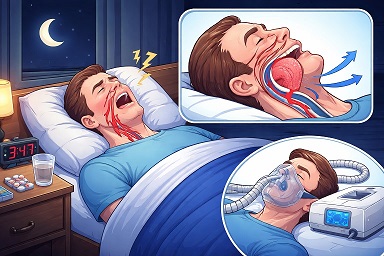
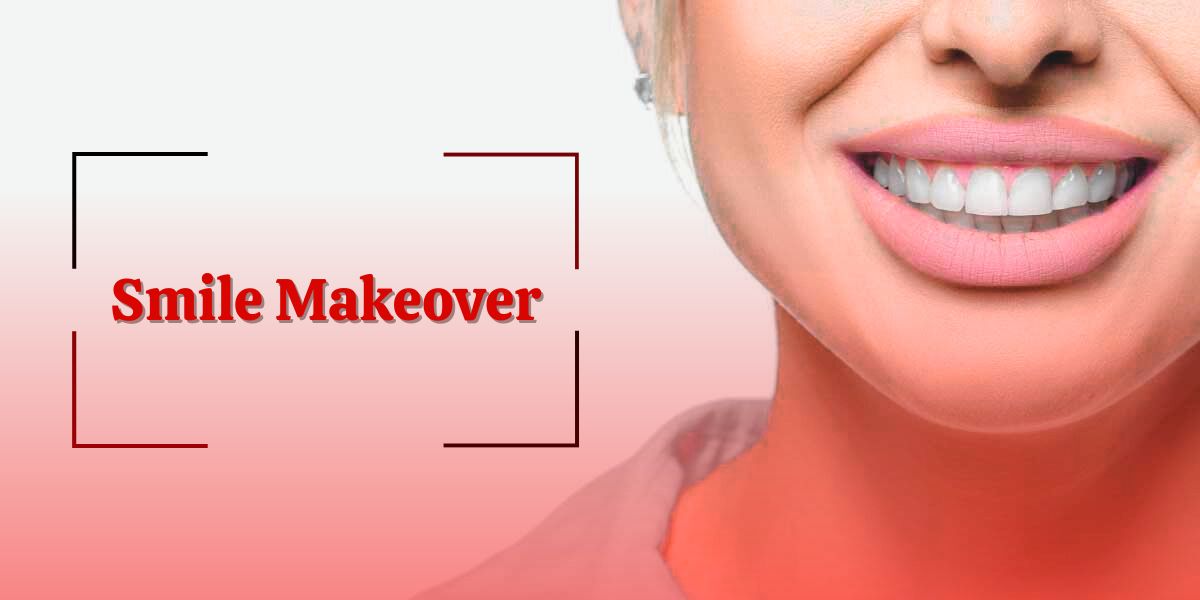
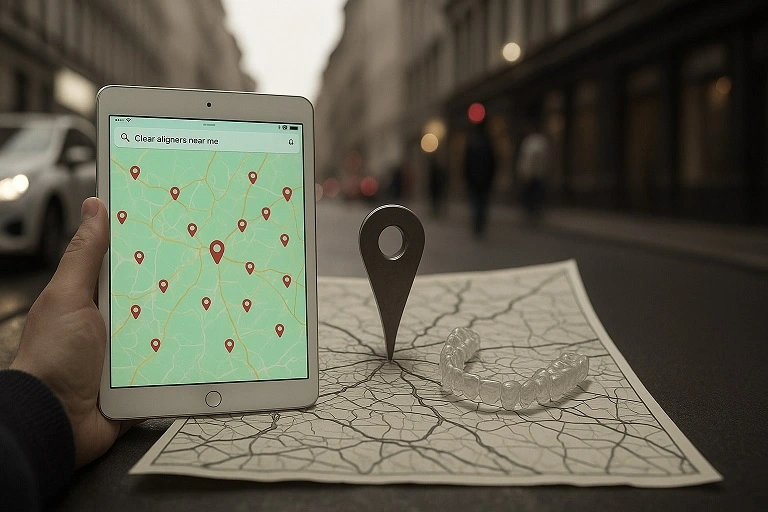
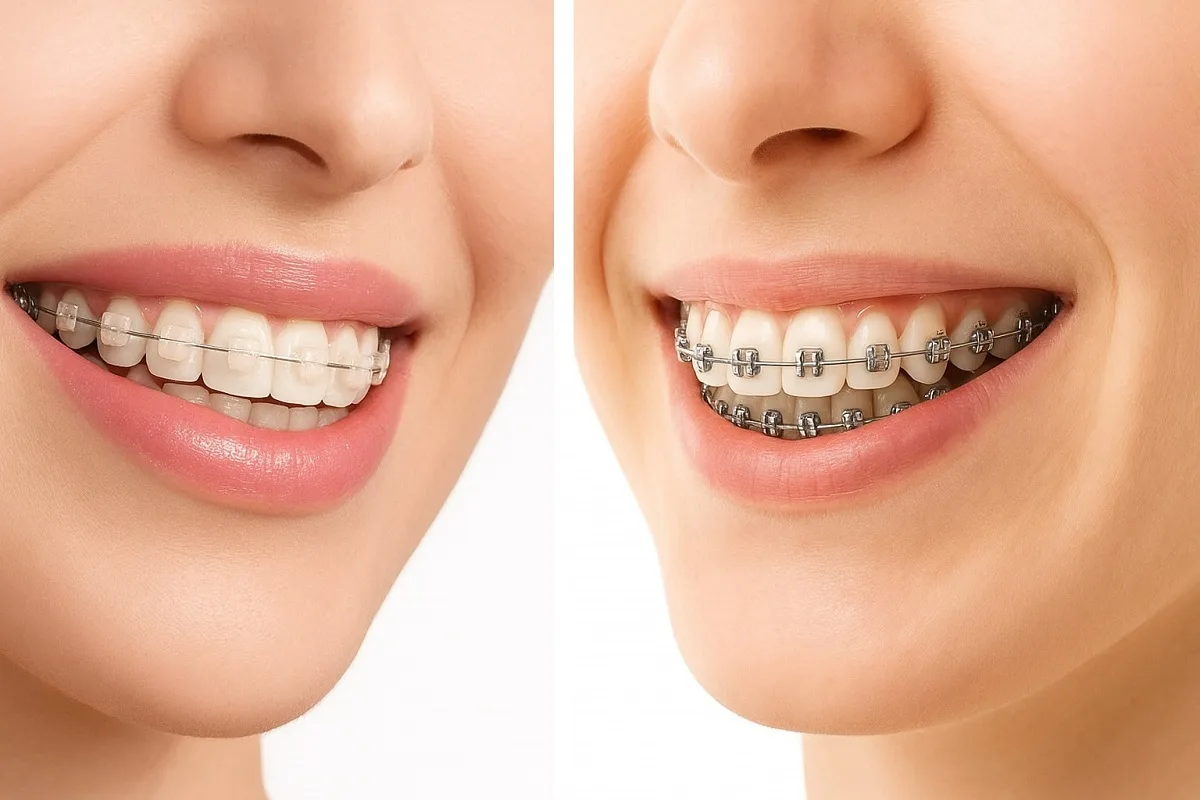
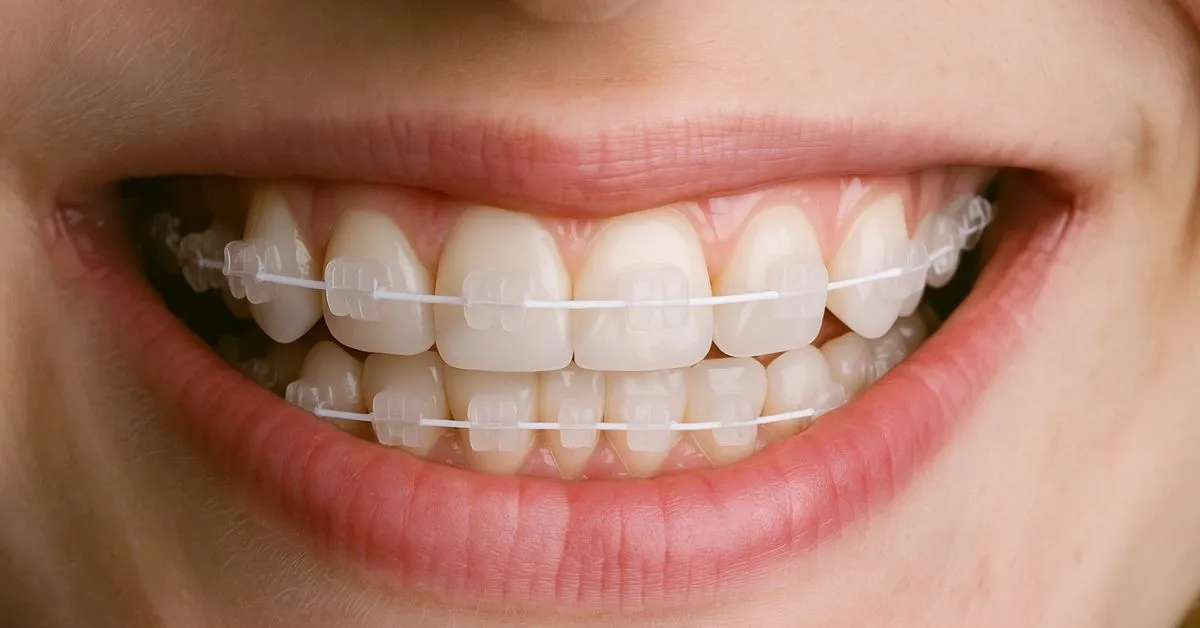
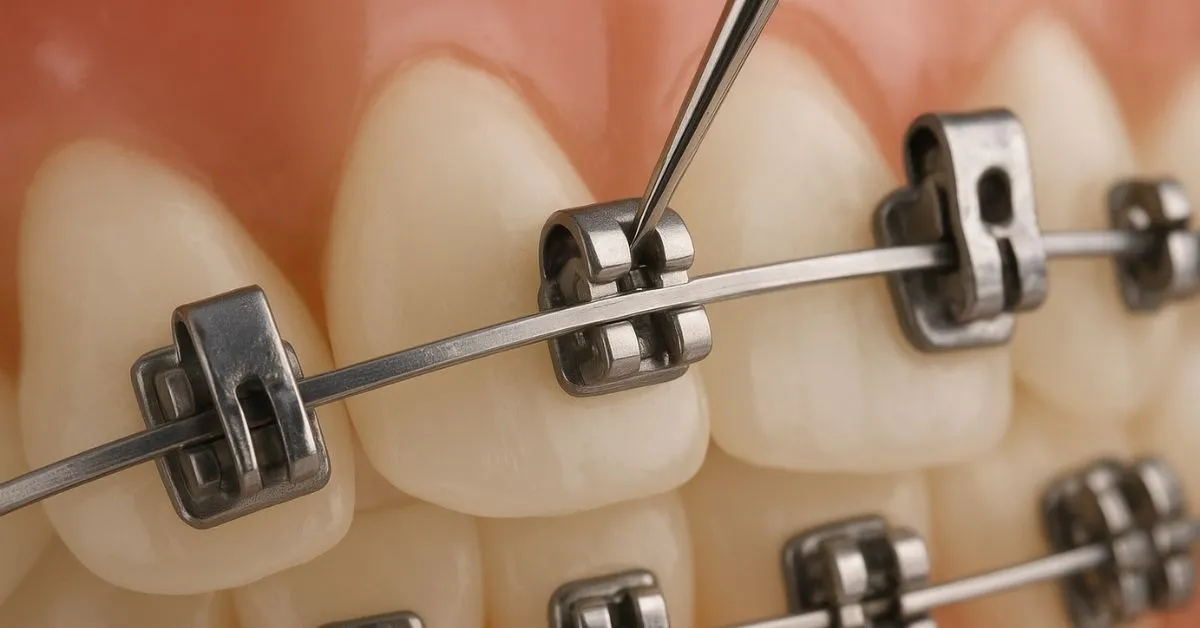
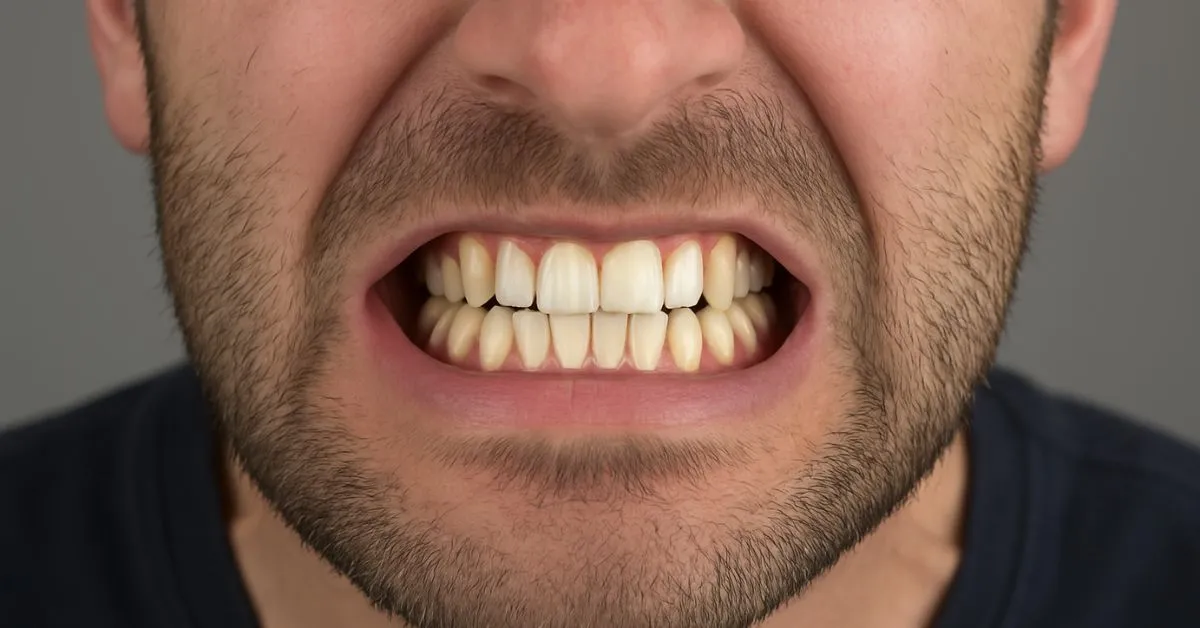
.webp
)
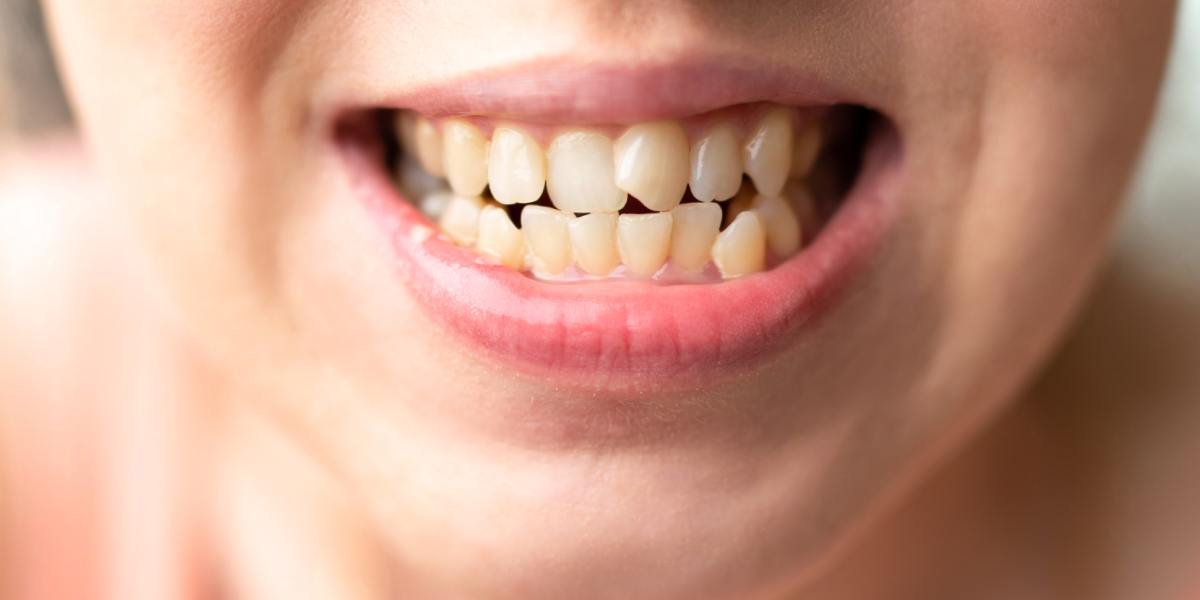
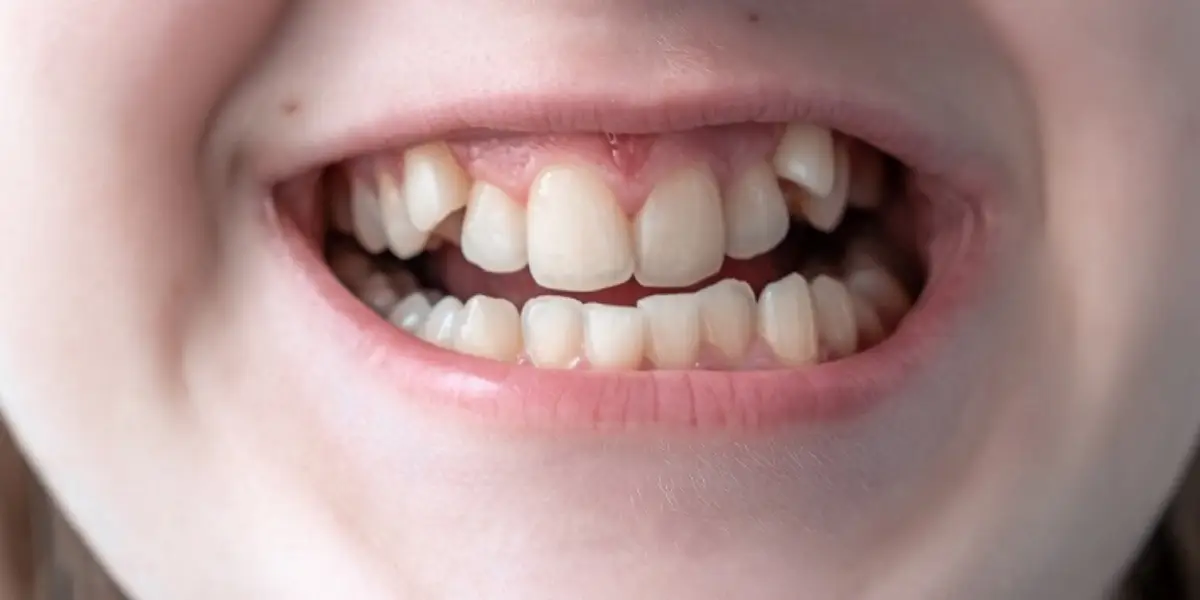
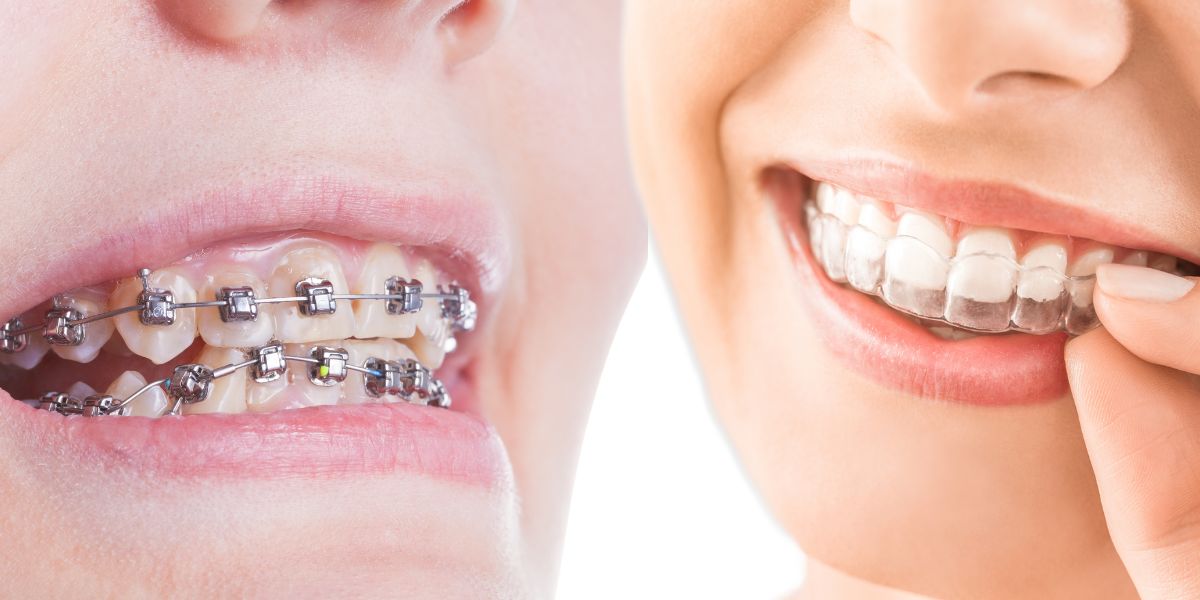
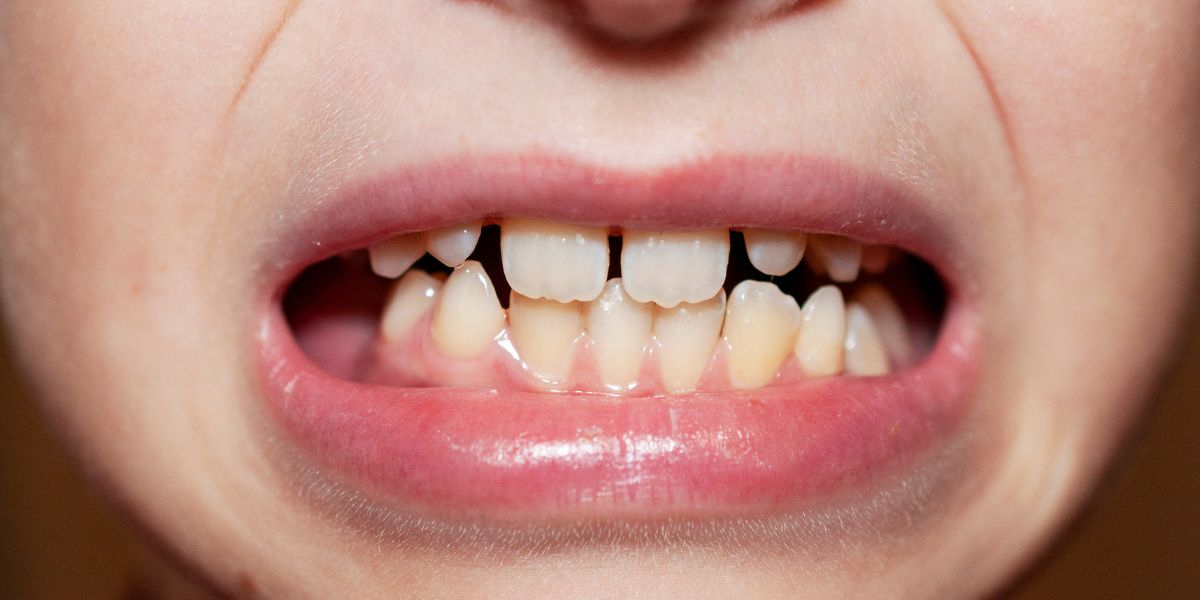
.jpg)
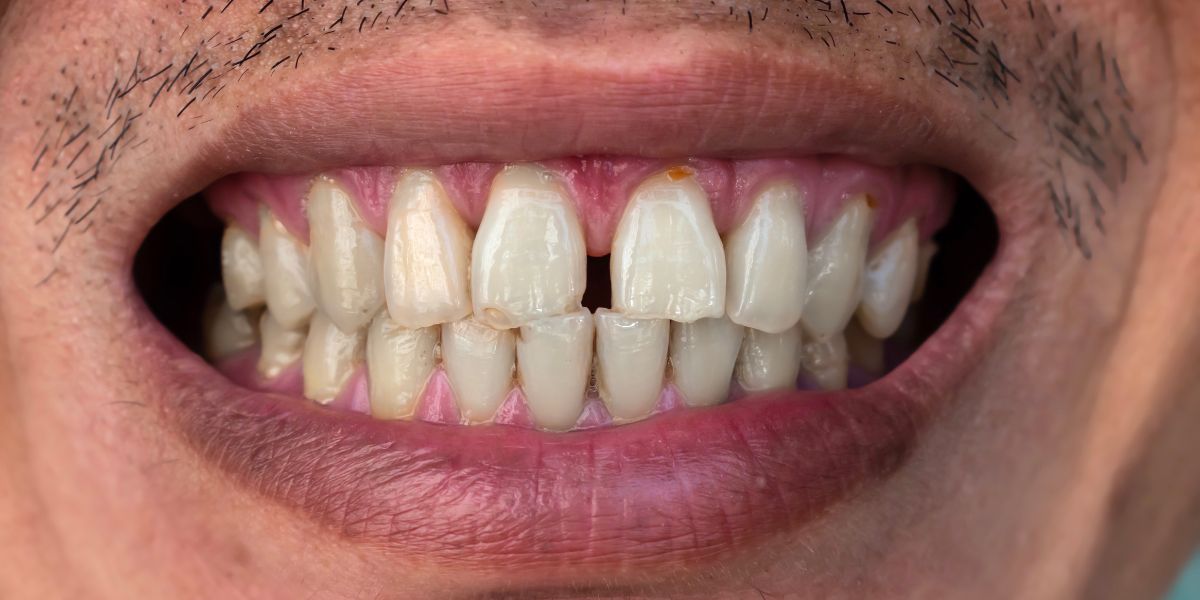
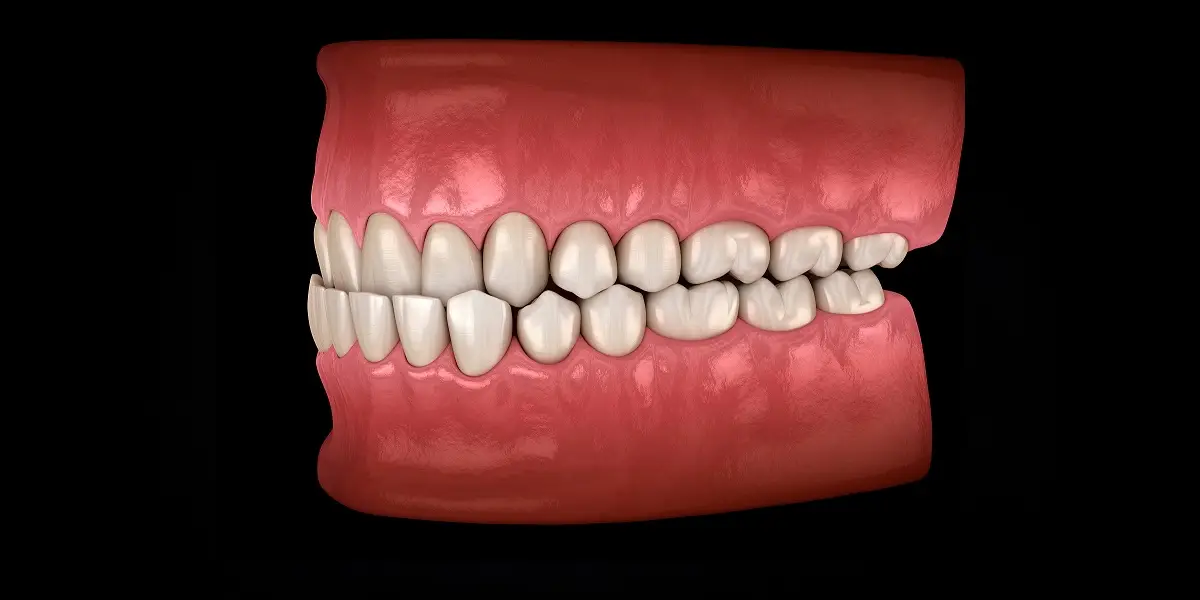
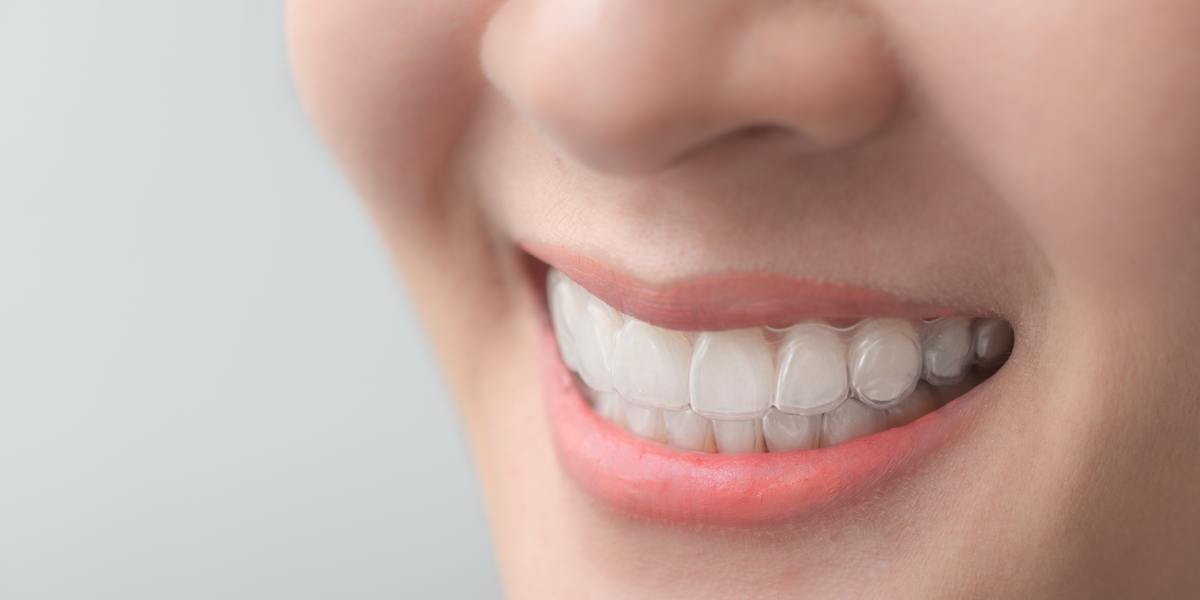

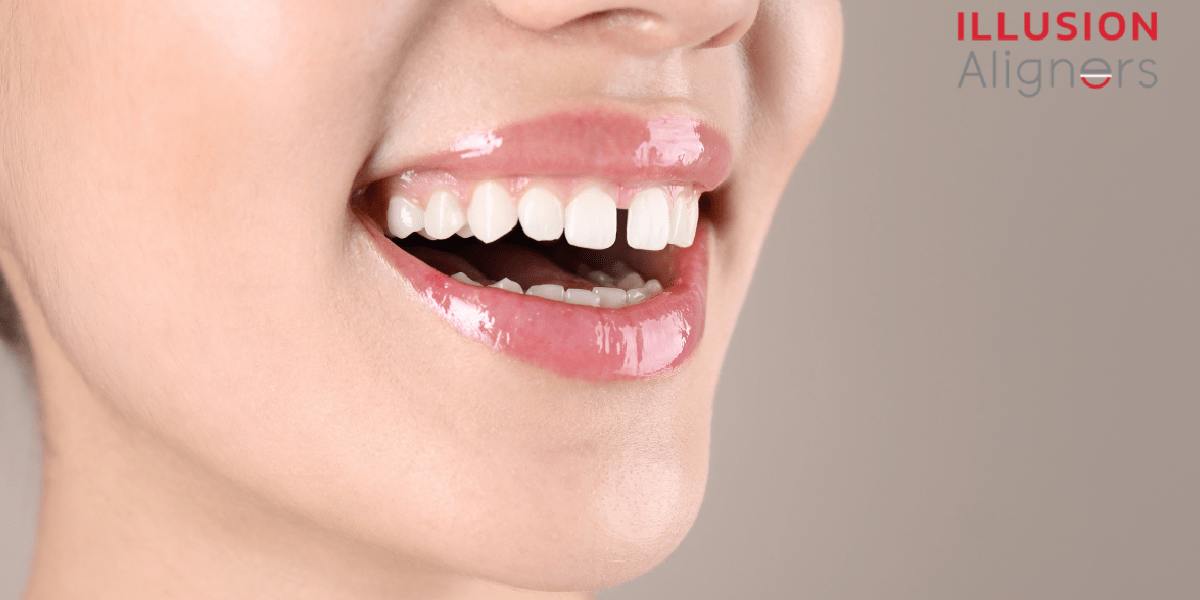
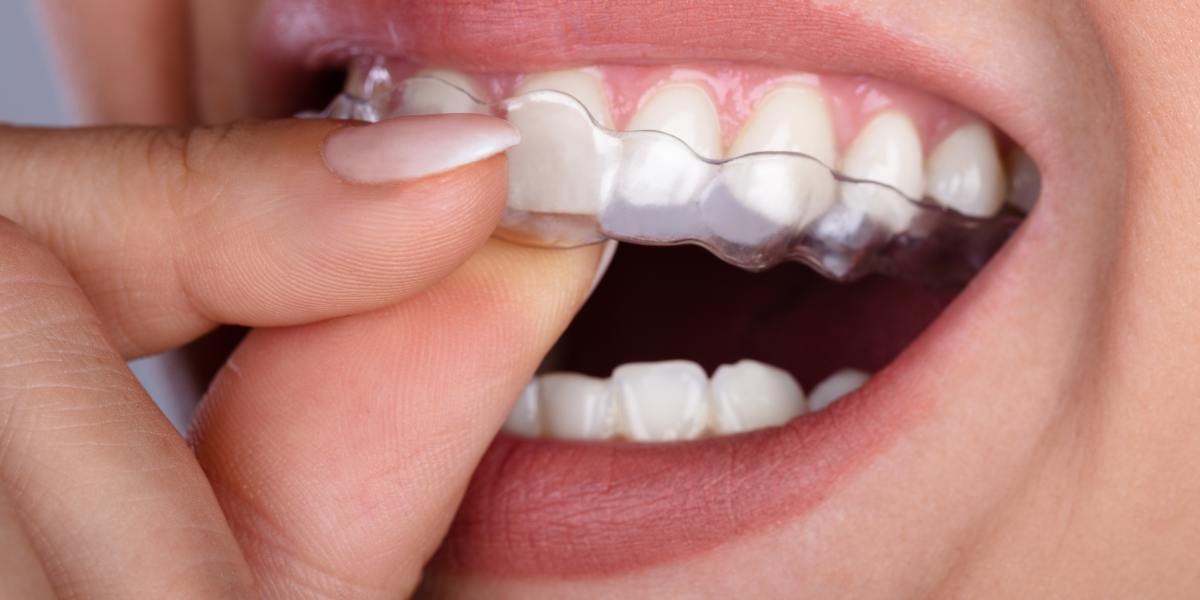
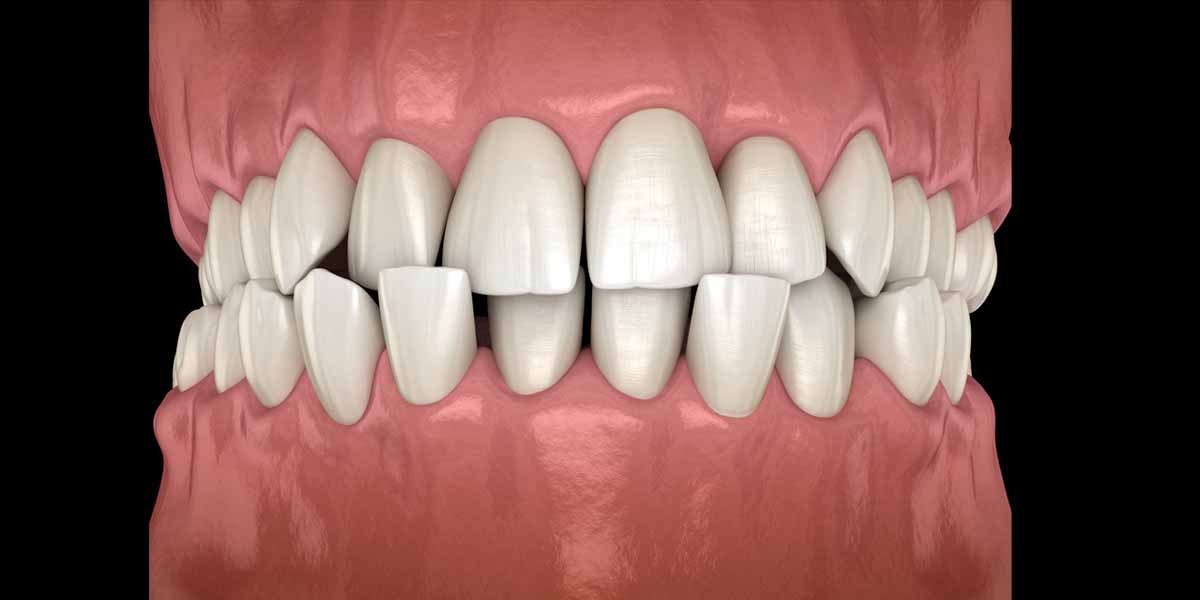
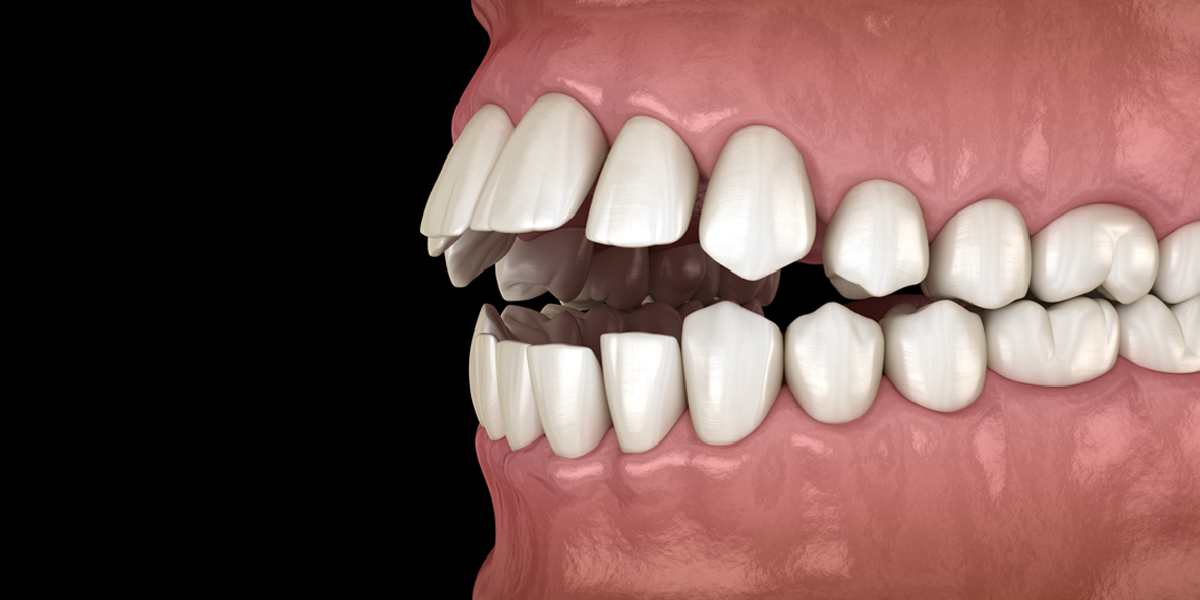
2.jpg)
